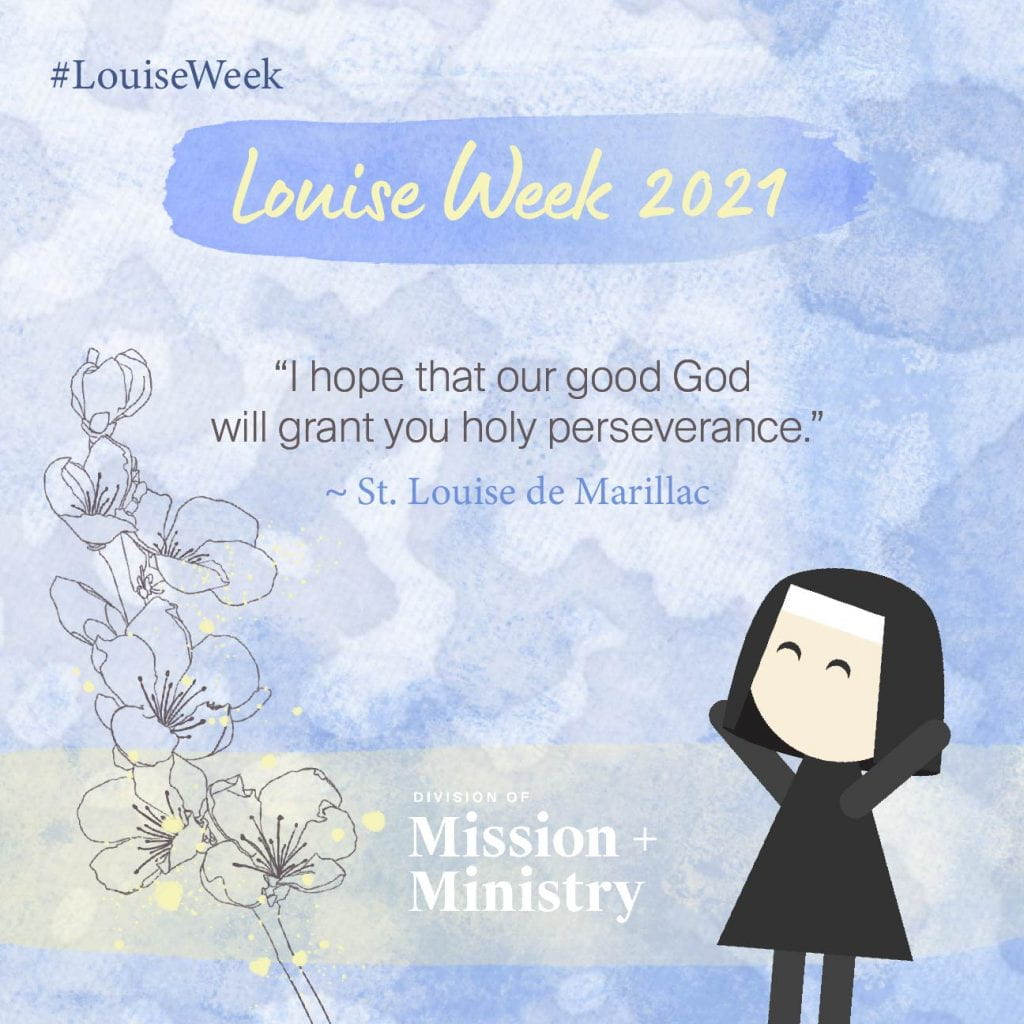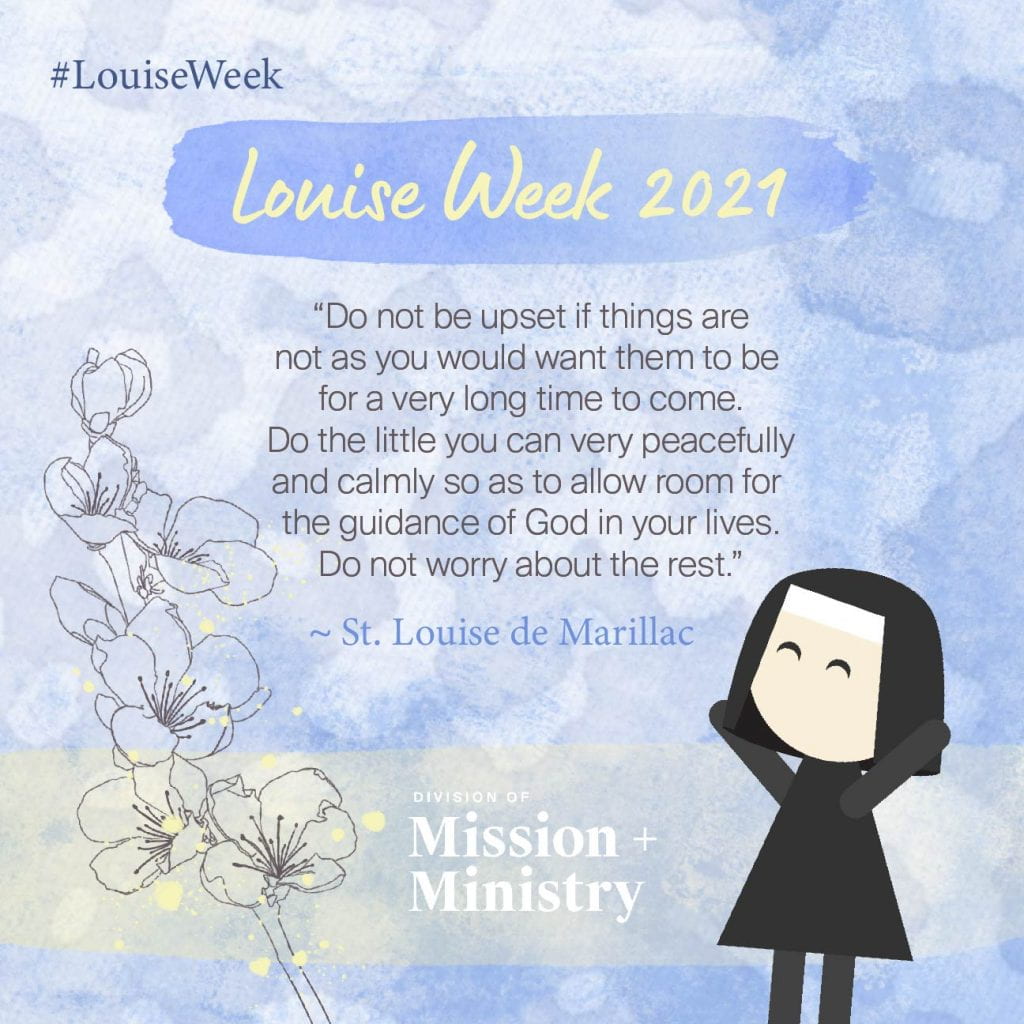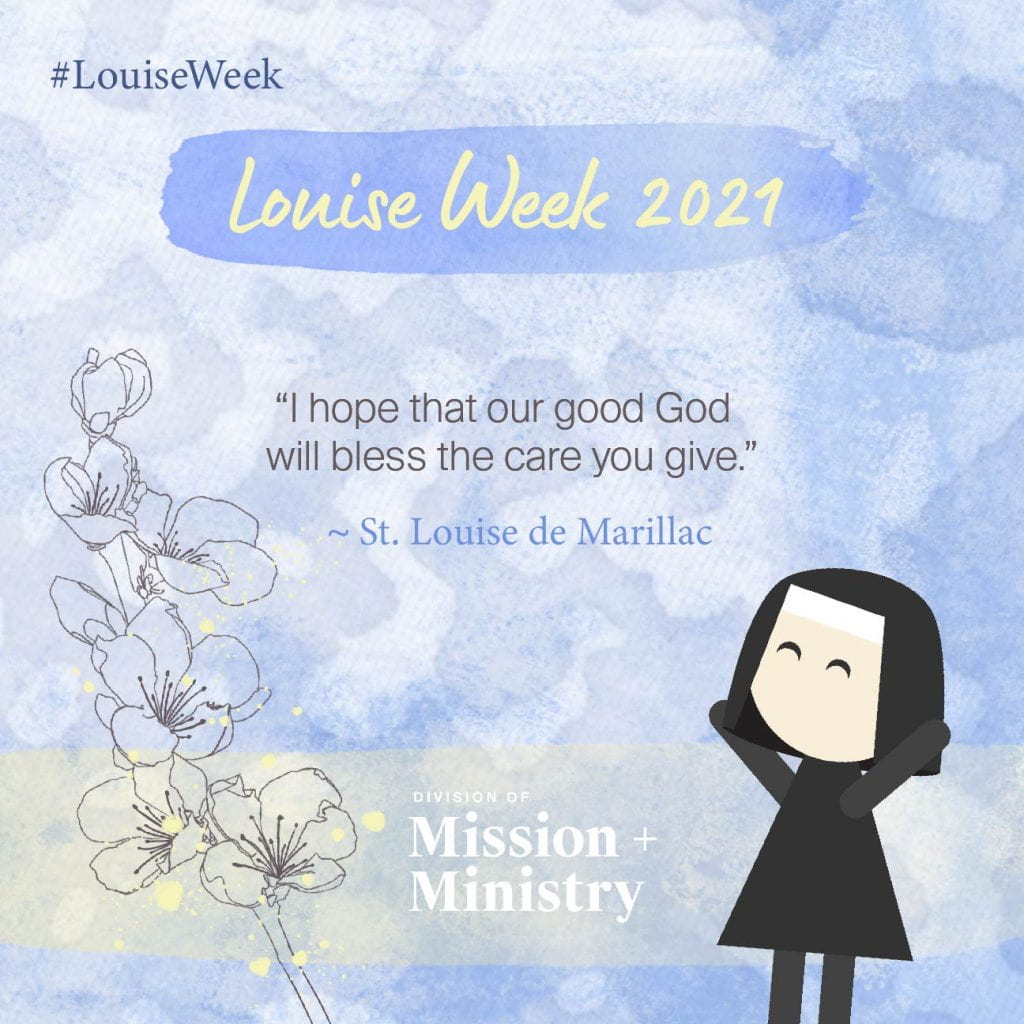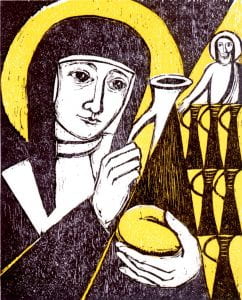 From the devastation of COVID-19 to the manifestations of deeply rooted white supremacy and other hardships, the challenges we faced in 2020 have sparked a movement among communities to create social change. During a year of tragedy and refuge inside our homes, we have had to be innovative in efforts. Some of us have been introduced to the ideas of community activism for the first time. I found it surprising that a strict lockdown did not stop thousands from protesting in support of Black Lives Matter, serving meals for their community, and redistributing their wealth to folks in need when a large majority are experiencing personal financial hardship and when a need for individualistic decisions seemed to be at an all-time high. I can admit there were points throughout the pandemic that I was heavily concerned with my needs and my needs only, which can still be super important when our day-to-days drastically change. It would make sense for humanity to value individualism rather than collective good at a time like this, so it was magical and hopeful to see so many come together to selflessly fight for the betterment of our fellow humans—especially when our methods and practices have had to adapt to pandemic protocol in order to emphasize safety and health. This brings me to a question: have we had to radically transform the way we show up for justice, or perhaps are we going back to the roots of social change and directly serving the needs of the people?
From the devastation of COVID-19 to the manifestations of deeply rooted white supremacy and other hardships, the challenges we faced in 2020 have sparked a movement among communities to create social change. During a year of tragedy and refuge inside our homes, we have had to be innovative in efforts. Some of us have been introduced to the ideas of community activism for the first time. I found it surprising that a strict lockdown did not stop thousands from protesting in support of Black Lives Matter, serving meals for their community, and redistributing their wealth to folks in need when a large majority are experiencing personal financial hardship and when a need for individualistic decisions seemed to be at an all-time high. I can admit there were points throughout the pandemic that I was heavily concerned with my needs and my needs only, which can still be super important when our day-to-days drastically change. It would make sense for humanity to value individualism rather than collective good at a time like this, so it was magical and hopeful to see so many come together to selflessly fight for the betterment of our fellow humans—especially when our methods and practices have had to adapt to pandemic protocol in order to emphasize safety and health. This brings me to a question: have we had to radically transform the way we show up for justice, or perhaps are we going back to the roots of social change and directly serving the needs of the people?
Louise was all about throwing out the old plan when it no longer worked and creating a new one to adapt to the needs of the people. She understood the change happening around her and knew that there was no use in sticking to tradition if it was no longer making any progress. However, she also knew she couldn’t do this alone. This was a woman who was very self-aware and who had a clear sense of her strengths. Therefore, she was able to find the right people to fill in where support was needed. Louise founded the Daughters of Charity and devoted her time to building strong caretakers and activists out of women with a variety of skills that wouldn’t have been recognized or used to their potential otherwise. I can only imagine the deliverables assigned to the Daughters—perhaps sewing garments for folks in need of clean clothes, or serving warm food to those without, among other necessities that fit both her seventeenth century and our twenty-first.
It is an unfortunate truth that many members of our own communities lack the same basic human needs we visualize when we think of the people Louise and her Daughters served. We must remember that these harsh realities are not so far removed from us as we may think (know that when I use “we” language, I am speaking on behalf of folks who hold privileged racial and class identities like myself). The pandemic has cost people their jobs, daycare, and partnerships, as well as putting an enormous strain on our spirits. We need each other, and we need each other quick. Many folks in need are not in the position to wait for an annual fundraiser to count their donations, or for a kitchen to serve their holiday meal with their once-a-year volunteers. We are witnessing the importance of mutual aid as a form of direct action, a tool I think Louise probably used but with different language to describe it. Redistributing our resources and applying our unique gifts are valuable steps to becoming an agent of social change in our current world.
When I try to imagine what my service looks like, I remember that skills I wouldn’t think translate into social justice work actually have the potential to come in handy. Louise and her mentees had skills that were looked down upon by the men of that era. It was unlikely that many women would be taken seriously in activist movements of the time because our patriarchal society only saw them as mothers. Louise truly opened the doors for women to step into themselves as change agents and to use their talents for justice without having to change or try to be like men. While I believe we have advanced beyond this gendered way of labeling our skills and achievements, I honor the sentiment that talents from all backgrounds of work and experience can be useful in a social movement. The student activist groups I’ve seen in the last few months feature leaders from varying majors, departments, and life experiences. Everyone has something special to bring to the table.
As I’m nearing my college graduation in a few weeks, I’m reflecting on all the coursework and hands-on experience I’ve had centered upon social justice and identity politics and understanding and meeting the needs of a community. I’m also witnessing the ever-present realities of oppression and injustice in our society. It is easy to get bogged down by the doom and become overwhelmed by it all. When thinking back to Louise and her work, I remember that she experienced doubts about what her purpose in the movement was as well. She was a woman of many hats, as we like to say, and while she is known for wearing her leadership hat, she also was not afraid to rely on her Daughters and lean on them for support. She could not have done the work on her own. When a community is hurting, it is not the job of a sole individual to heal it—how could one person have all the answers? I believe there is power in community and collaboration, filling in the gaps, and leaning on each other for support. The needs of the collective are best met through the collective.
Written by: Grace Jacques, DePaul Class of 2021




